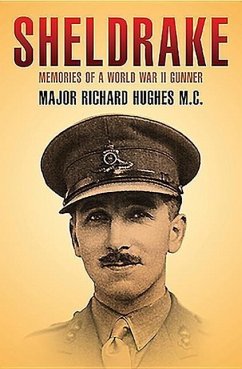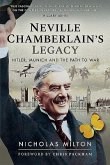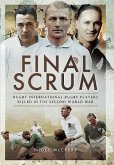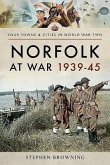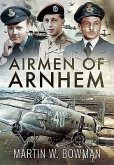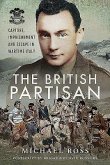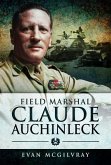Richard Hughes was an artillery officer with the British Army in World War II. He was sent to Europe twice. The first assignment in 1940 was short lived, as he joined the hopelessly ill equipped and overwhelmed Allied forces in France. The superior German army pushed them back to the English Channel at Dunkirk, and Hughes was one of some 300,000 troops miraculously rescued from the beach by a flotilla of small boats. In 1944 he returned to France as apart of the Allied invasion, this time as a Major commanding a battery of field guns. The contrast is apparent. Now they were a well equipped, superbly trained and coldly efficient force. With his field battery and associated infantry battalion, Hughes fought numerous battles right through Europe to reach Hamburg, at the final surrender of Germany in May, 1945. In Sheldrake, Richard Hughes recalls many fascinating memories in his personal account of those traumatic years.
Hinweis: Dieser Artikel kann nur an eine deutsche Lieferadresse ausgeliefert werden.
Hinweis: Dieser Artikel kann nur an eine deutsche Lieferadresse ausgeliefert werden.

